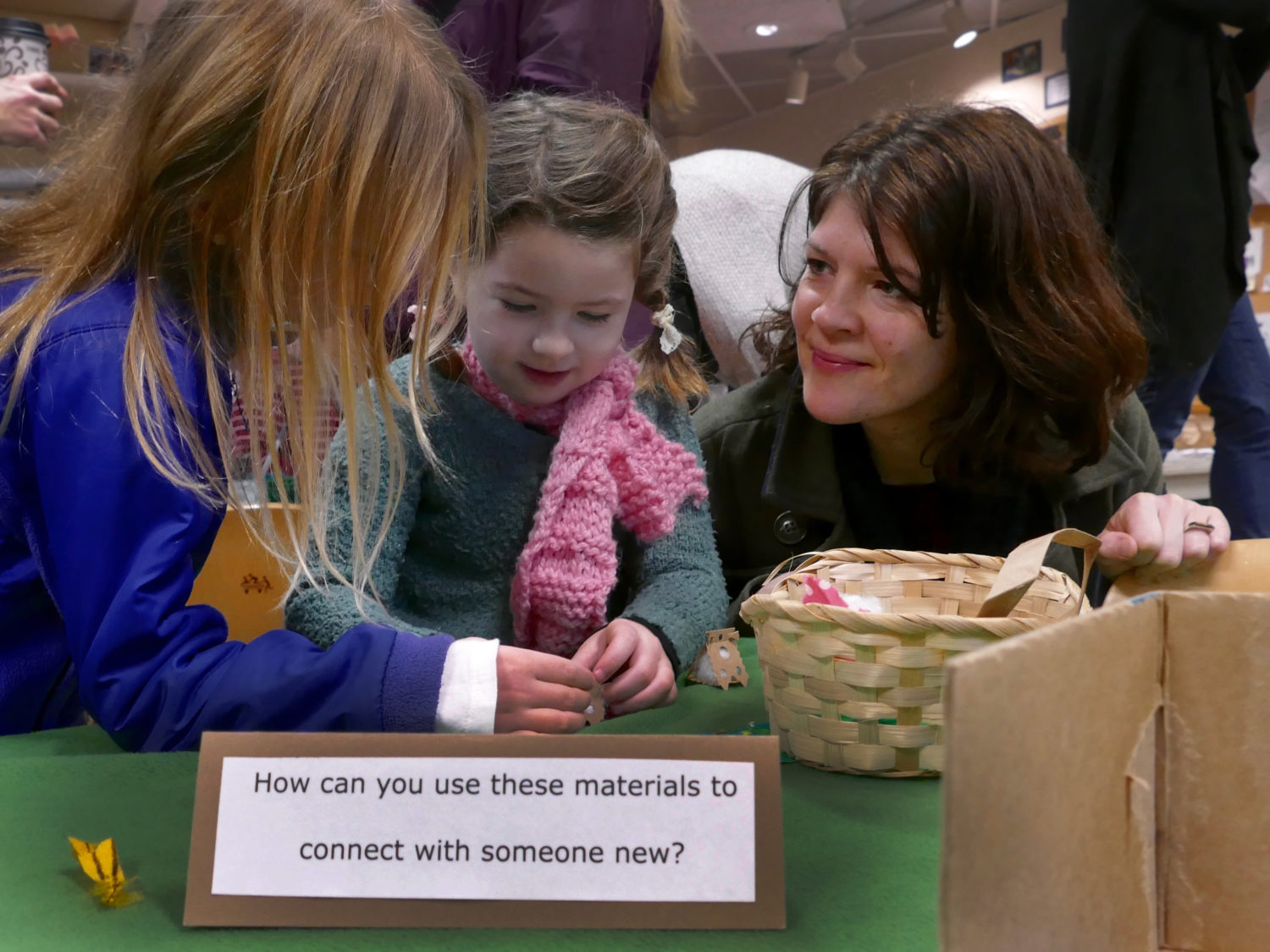Who teaches us how to live in democracy?

In his column this week, David Brooks writes, “this year, we’ve been so besieged by Donald Trump’s shriveled nature that we sometimes forget what full and courageous human life looks like.” In response, he introduces us to John Stuart Mill, who he says “demonstrated that democratic citizenship is a way of life, a moral stance and a humanistic adventure.” Examining Mill’s life leads Brooks to conclude, “The demands of democracy are clear – the elevation and transformation of your very self. If you are not transformed, you’re just skating by.”
Rather than limiting our consideration of what it takes to live the kind of full and courageous life that demonstrates democratic citizenship, morality, and transformation to figures like John Stuart Mill, I think we benefit from considering these qualities in our work with young children.
I hear it in communities deeply diving into open dialogs that explore diverse perspectives, engaging empathy and agency.
I hear it when eight-year-old Paul faced the dilemmas of the Constitutional Convention, responding:
It’s like there’s two doors and they both lead to hallways and one has treasure in it – and that’s good for you, and only you.
The other hallway has people who are stuck in it and they can’t get out – but if you let them out, they’ll be free.
But you can only open one door.
So the empathic decision would be to find a third door.
We should feel and know and learn about what happens and the process of our water coming to our faucets so you can learn about what the process so that you can save it… You can be amazed by the process.
Oil pastels pull me in because they are so expressive. They are also really messy. I’ve been thinking about how a refugee’s life can be really messy and out of control. With oil pastels you can change your picture. My picture can change, just like a refugee’s life.
And I hear it from four-year-old Eliana, who has a very specific contribution to the larger civic body:
You’re not going to believe what I’m making. I’m always making something amazing.
I made a Love Finder! You look for love all around.
Do you see love?
I believe that young children have lessons to teach adults about living in democracy – and I know that you share this belief.
How is your work with young children teaching you about living in democracy?
How are you making these lessons visible to others?
